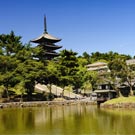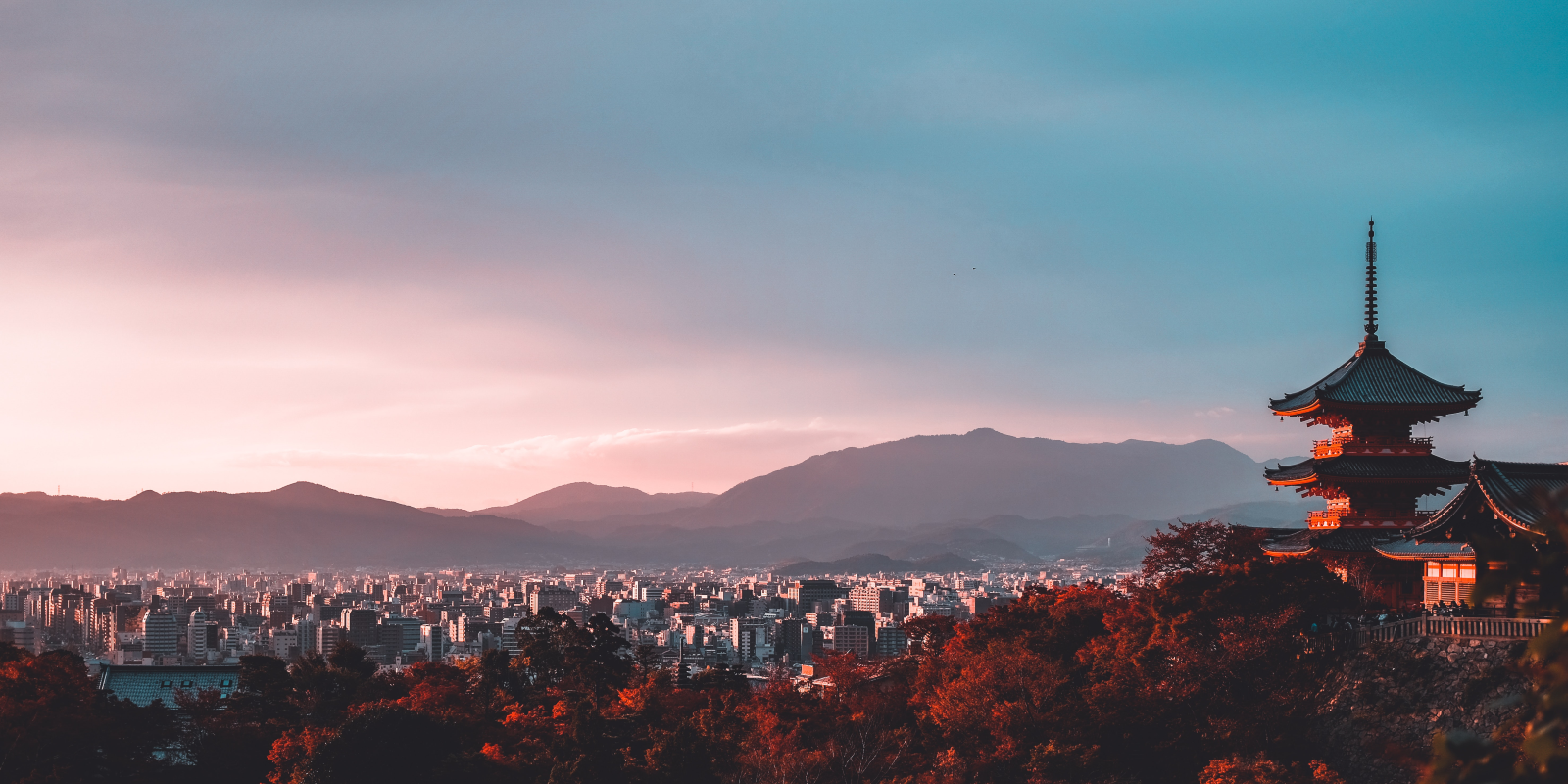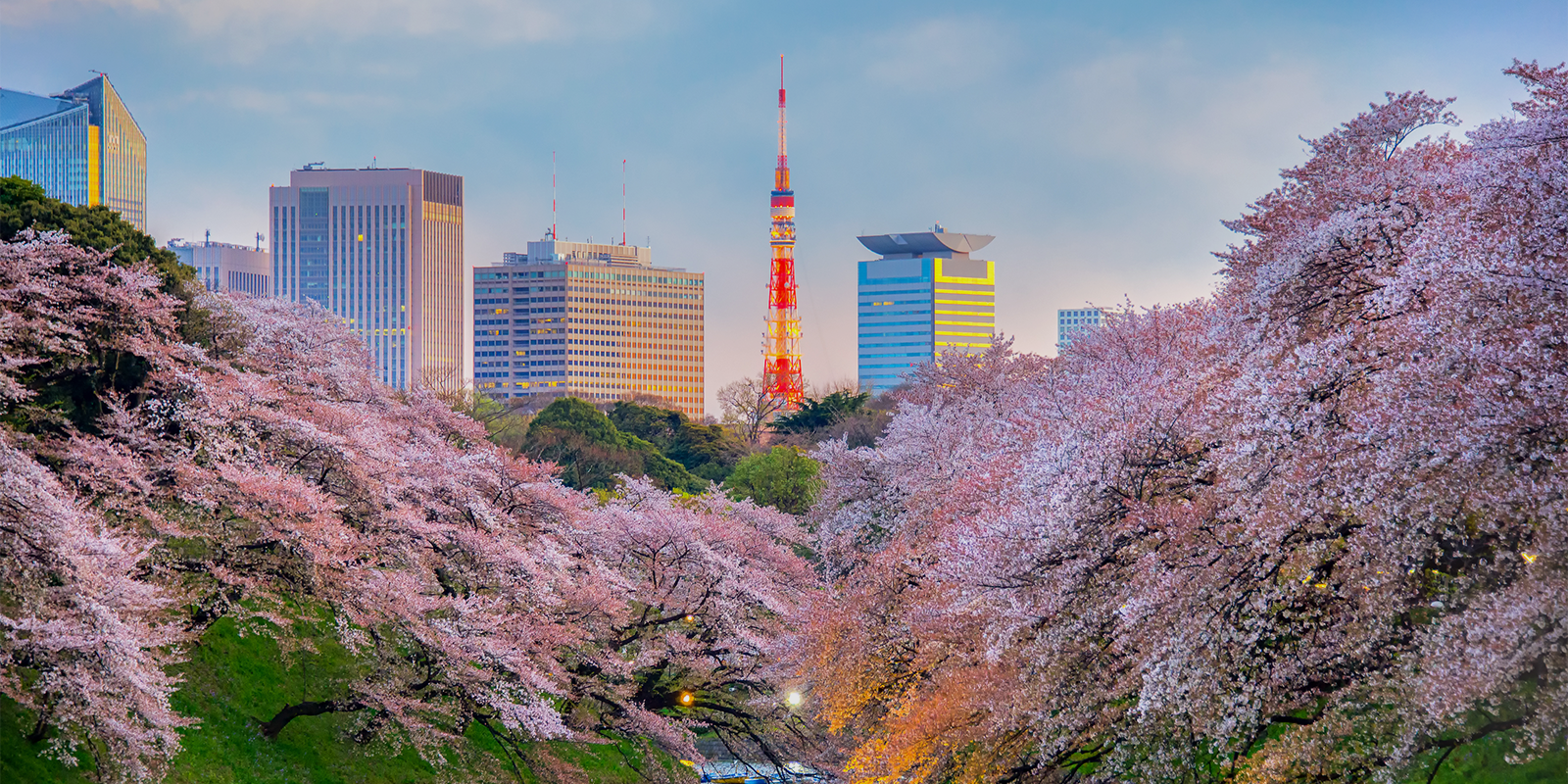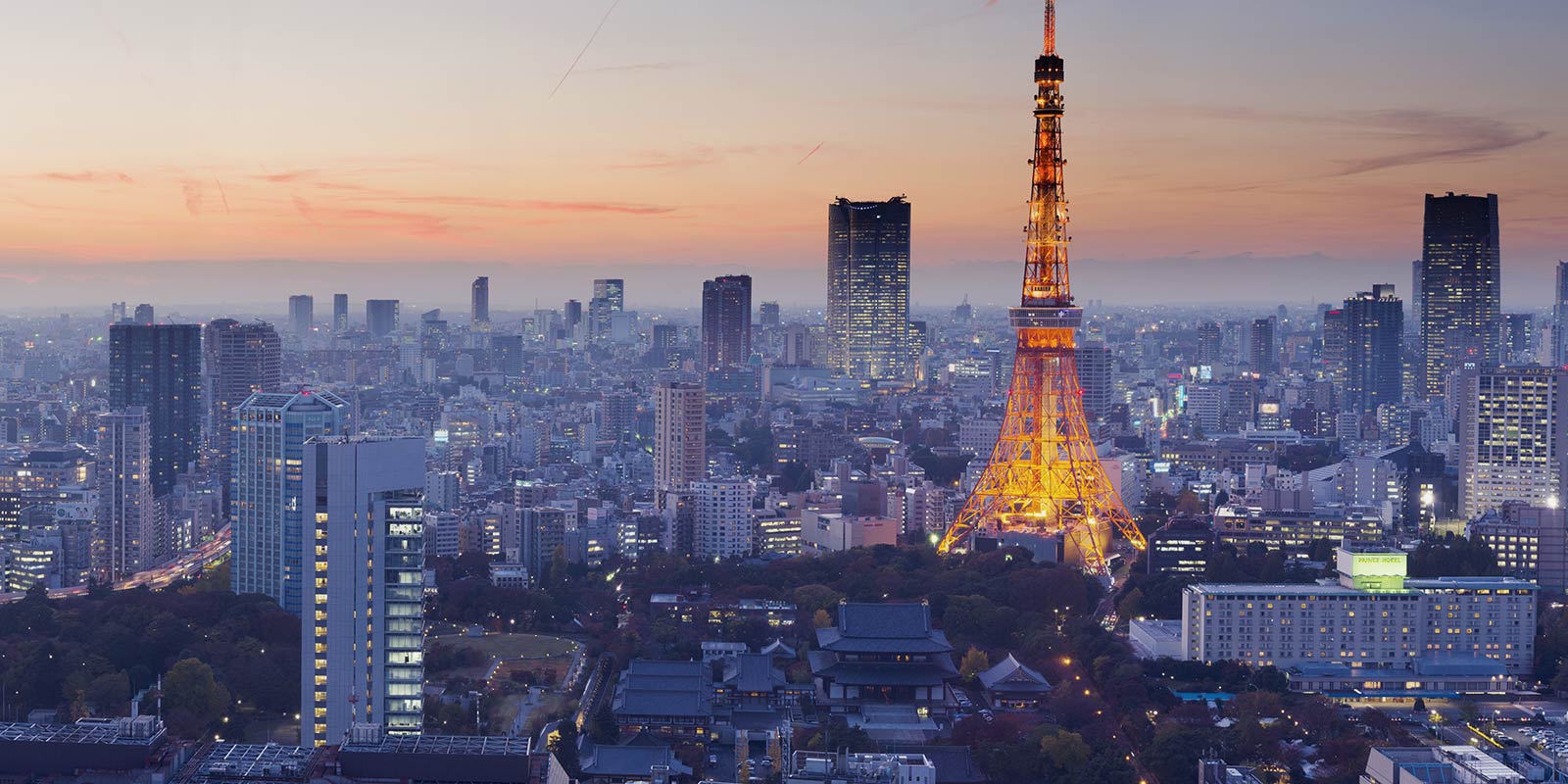Day 1: Fly overnight to Japan
Day 2: Osaka
Meet your Field Director at the destination airportEnjoy dinner in Osaka if arriving by 8pm
Day 3: Osaka • Hiroshima
Travel via Himeji Castle to Hiroshima
Visit Himeji Castle, the largest castle in Japan comprised of 83 buildings
Enjoy dinner in Hiroshima
Day 4: Hiroshima • Kyoto
Take an excursion to Miyajima Park, also called the "Sacred Island"
Visit Itsukushima Shrine, known for its floating torii guarding the entrance
Tour Hiroshima with an expert local guide, where the world’s first atomic bomb was dropped on August 6, 1945
Visit the Peace Memorial Park and Museum, a UNESCO Heritage Site that contains the Atomic Bomb Dome and focuses on the devastation of the nuclear attack
Travel by bullet train, which reaches speeds of 180 miles per hour, to Kyoto
Enjoy dinner in Kyoto
Day 5: Kyoto
Take a guided tour of Kyoto with an expert local guide and learn about the history and culture of the city
Visit Nijo Castle, a structure built almost entirely out of Japanese cypress
Visit Inari Taisha ShrineVisit the Gold Pavilion, a Zen temple whose top two floors are covered in gold leaf
Day 6: Kyoto
Tour the Arashiyama Bamboo Grove with your Field Director

Nara
Today, join a half-day excursion to Nara, one of Japan’s ancient capitals. Visit the Todaji Temple and see the Daibutsu, the world’s largest bronze Buddha. Then walk through the wooded Nara Park, also known by the nickname of “Deer Park” because of its many four legged inhabitants. Just outside the park, you will visit Kasuga Shrine, one of the most famous Shinto shrines in the country. Twice a year, some 3,000 lanterns are lit here simultaneously during the Lantern Festival. (Please note: comfortable walking shoes are recommended.)
Day 7: Kyoto • Hakone–Atami area
Travel by bullet train to Hakone
Stop to snap a photo outside of Odawara Castle, which changed hands and was demolished multiple times
Visit Hakone National Park, known for its hot springs, lakes, historic sites, and close-up views of majestic Mount Fuji
Ride a cable car up Mount KomagatakeVisit the Hakone Open Air Museum
Enjoy a traditional dinner in Hakone
Day 8: Hakone–Atami area • Kamakura • Tokyo
Travel via Kamakura to Tokyo
Visit the Hachimangu Shrine, dedicated to the patron god of the samurai
Spend time exploring Kamakura on your own
See the Great Buddha of Kamakura, which stands over 37 feet tall
Day 9: Tokyo
Take a guided tour of Tokyo
With your expert local guide you will see:
- Harajuku shopping district, the trendy district popular among younger locals
- Shibuya district, home to the famed Shibuya crosswalk that has upwards of 3,000 people crossing at a time
- Shinjuku district, a large entertainment and business area
Visit the Meiji Shrine and its elaborate wooded Inner Garden
See the Imperial Plaza and Metropolitan Government Building
Enjoy free time for lunch in the Harajuku area
Spend time exploring Akihabara on your own
Day 10: Tokyo
Take a walking tour of Shibuya and get to know the area with your Field Director
Spend a half day exploring Tokyo on your own
Enjoy dinner in Tokyo
Day 11: Depart for home

)


